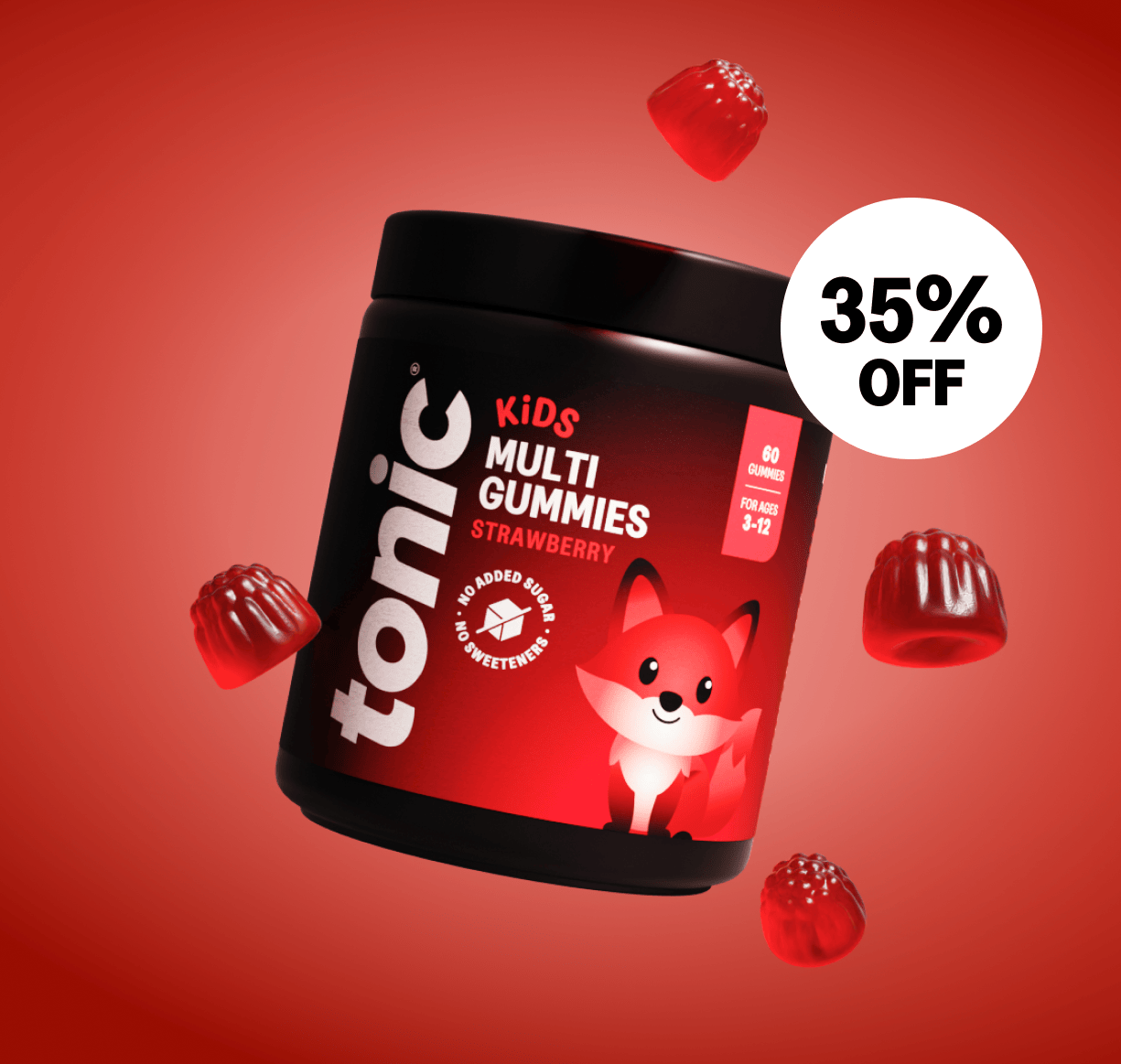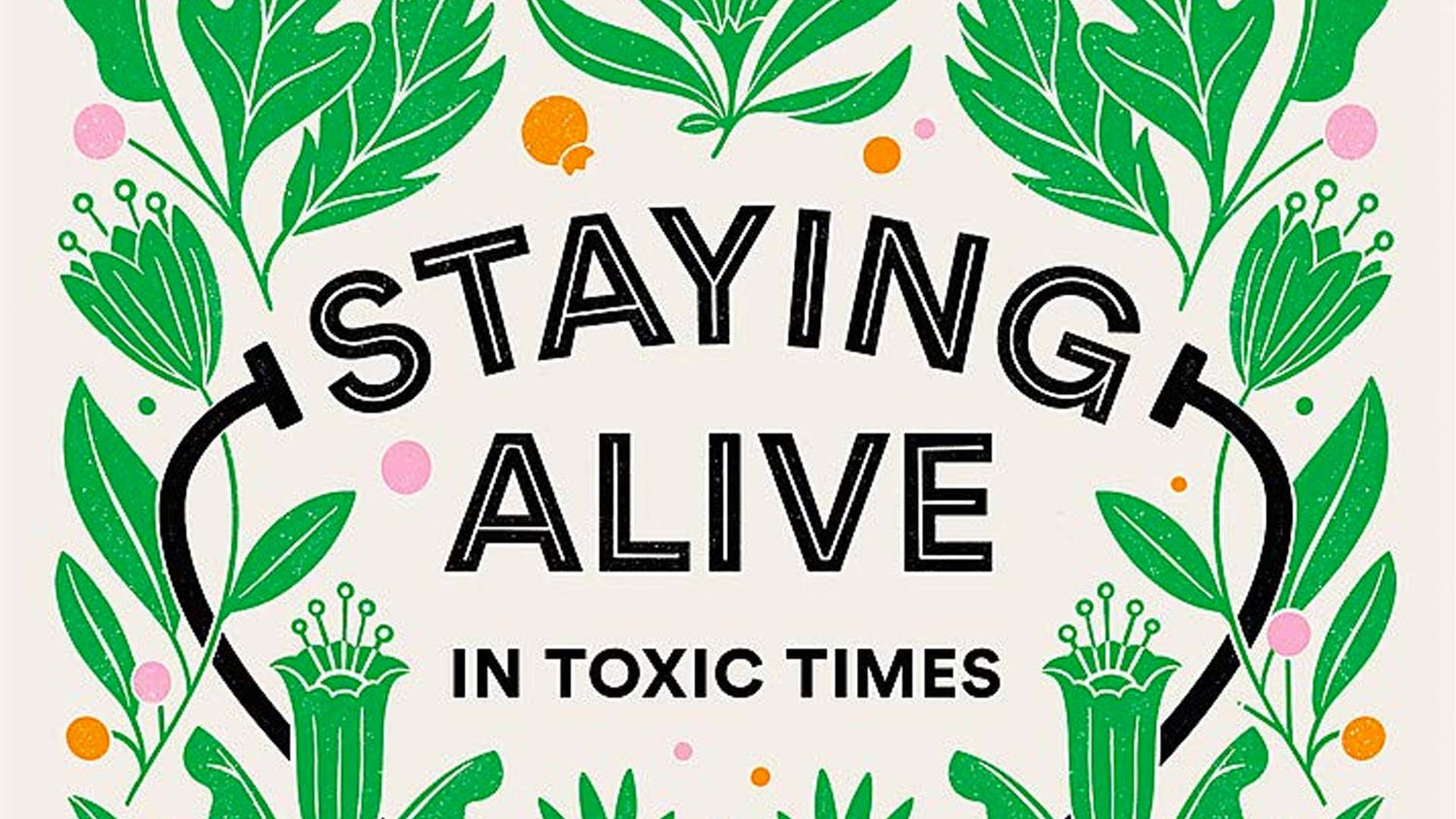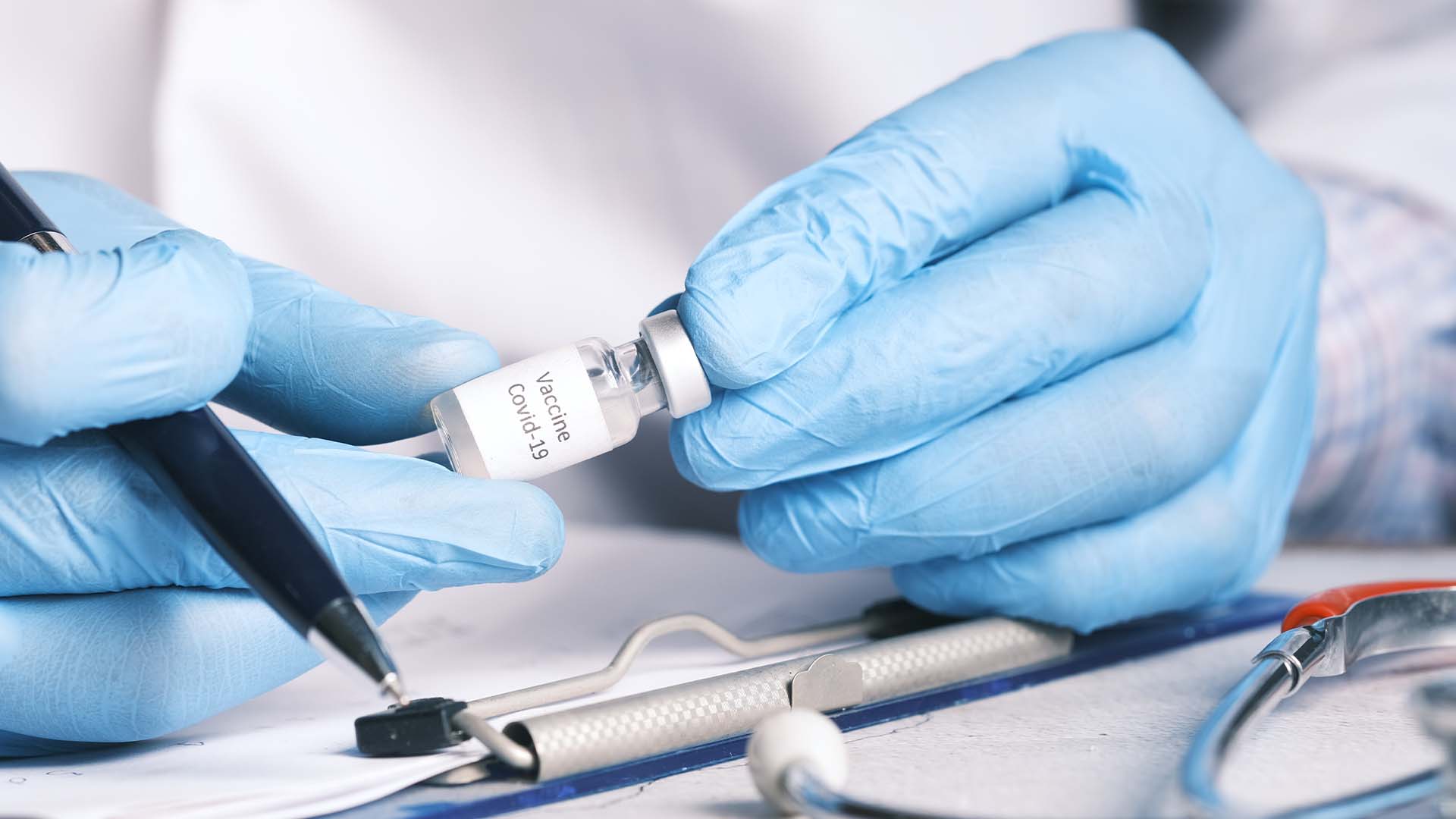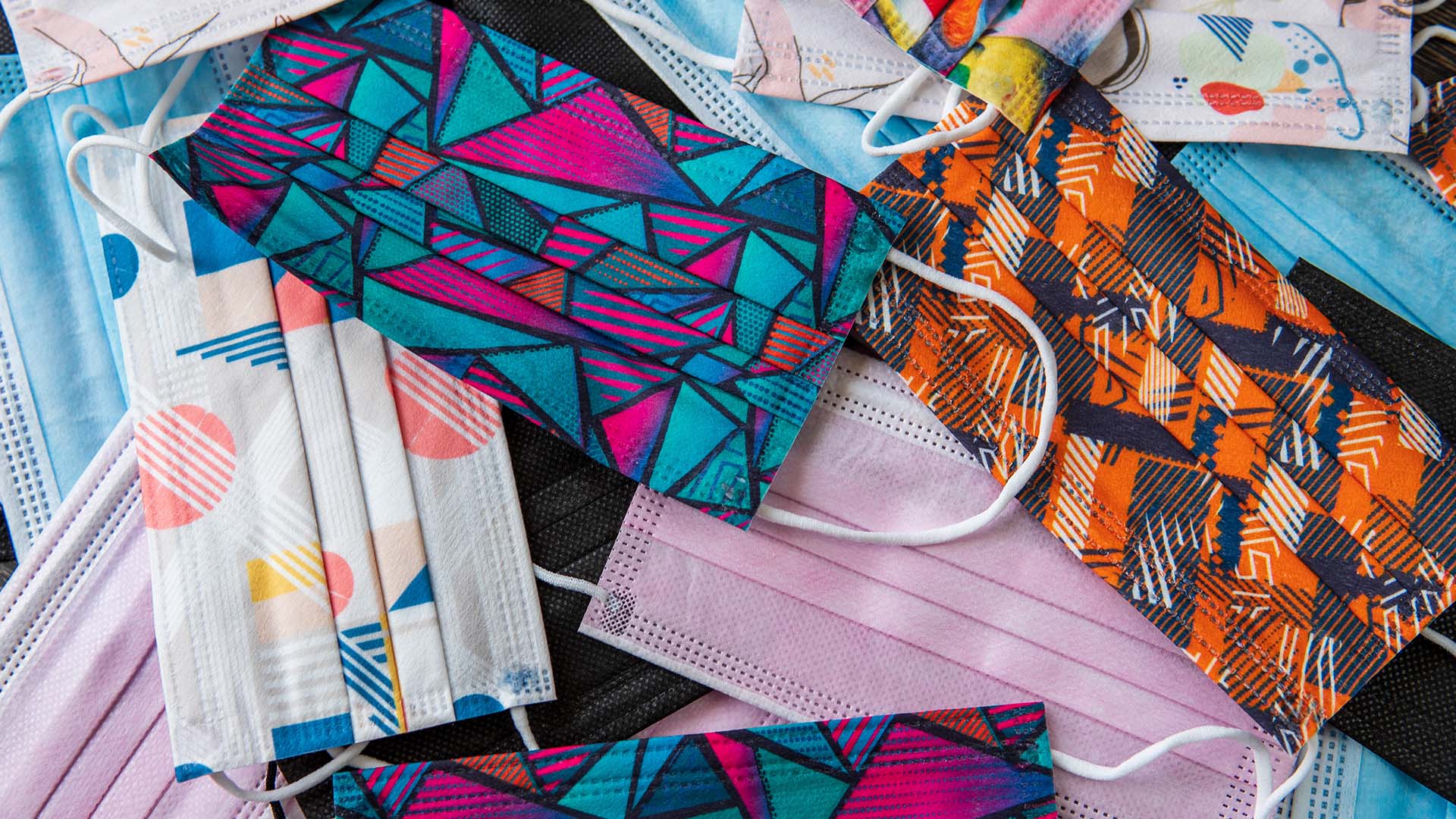Staying alive in toxic times is a deliberately eye-catching title by Dr. Jenny Goodman with the aim of getting people to pay attention to aspects of health that are often ignored, toxins and chemicals.
They are often cited and safe and harmless as they are put on our food as pesticides and in our furniture as flame retardants. But are they really safe? What does the science say? And can we really detox from them?
Well to start with you have to take a broader scientific view into your mind when assessing the reality of the picture. Since the industrial revolution, close to 80,000 different chemicals have been created and entered our air, water, soil, and food. But they all have safety tests and data, right? Right. But consider this, the science is only ever conducted on one chemical at a time and not on humans as that would be unethical. So, they use another unethical practice and test on animals.
The two obvious problems are that we are not the same as a mouse or rat and secondly and more importantly they are testing for only one toxin at a time, something we as adaptable species are often able to deal with, but who is testing for the compound effect of the 80,000 chemicals we now share our world with? And what are the main sources of chemicals in our life?
- The obvious ones: Car fumes, Industrial Waste, Pesticides, and heavy metals.
- The hidden ones: perfume, aftershave, deodorant, cleaning products, air freshener and stain remover.
Don’t worry, in isolation, these have all been tested and deemed safe. But the problem is that they tend to accumulate over the years and have the potential to cause us harm over the long term when combined into a chemical cocktail. This has already been proven as Dr Jenny and I discussed this on the podcast the fact that the average life expectancy was highest in rural areas. Studies have shown that on average, people born in Mainly Rural areas in 2015-17 are expected to live two years longer than people born in Urban areas due to pollution in cities.
What’s more, there is mounting evidence that some of these chemicals are carcinogenic and cancer causing. Round Up, the world’s most known weed killer for your garden, is currently facing more than 9,000 lawsuits across the US from plaintiffs, mostly former gardeners and agricultural workers who believe that Roundup exposure caused their cancer. In 2015, the World Health Organization's International Agency for Research on Cancer (IARC) identified glyphosate, as a probable human carcinogen, yet it is still on your fruits and vegetables.
So, what do we do about this and how do we detox our life from all these chemicals we are exposed to?
Well, the obvious answer is to avoid them as much as possible, but that isn’t always easy and buying organic and natural can be expensive (although it’s worth the investment if you ask me). So, thanks to Dr. Jenny and her 35 years of medical experience, she has come up with the seven most powerful ways to detox your body by supporting the organ in your body responsible for detoxifying the body, the liver.
- Good Nutrition: The single most important way to protect yourself against toxic chemicals is good nutrition. Vitamins and minerals help keep toxins out and support the liver to help get rid of those that do get through. (Dr. Jenny’s words not ours 😊)
- Saunas: are the best way to eliminate Toxins as sweating allows us to remove toxins that are stored under the skin in fat tissue.
- Vegetable Juicing: Now this does require Organic vegetables as we need to know we aren’t adding more in through this process. The purpose is to help cleanse the gut and by proxy the liver, to give it maximum capacity to do it’s natural detox work.
- Epsom Salt baths: We all love a good soak but next time, try and hack your tub with Epsom salts which is essentially just magnesium. Good magnesium levels in your body will help push out toxic metals from the body.
- Colonic Irrigation: gross right, but there is a scientific theory to support it. Blood flow from the colon to the liver, so the idea is to make that as clean as possible, maximizing the capacity of the liver to detoxify.
- High Dose Vitamin C: Again Dr. Jenny’s words not ours 😊. Vitamin C is a champion antioxidant and helps get rid of heavy metals. In high doses it can not only keep your cold at bay but also help flush our system and aid the excretion of heavy metals.
- Sprouting seeds: Detoxing can take out good minerals too. To prevent this, sprout seeds to create your own nutritious tiny organic farm at home.
Now, you don’t have to do all of these, and I certainly haven’t tried number 5 yet. But the point of this blog is twofold. 1) be aware of how many chemicals are in your life and try and avoid them if you can. 2) adopt at least 1-2 of the above to give your body a little help with all the chemicals we face in our daily life.







Leave a comment
All comments are moderated before being published.
This site is protected by hCaptcha and the hCaptcha Privacy Policy and Terms of Service apply.